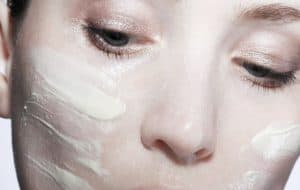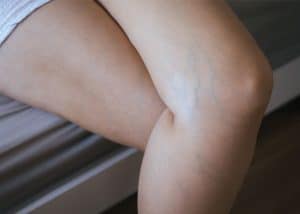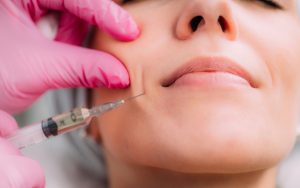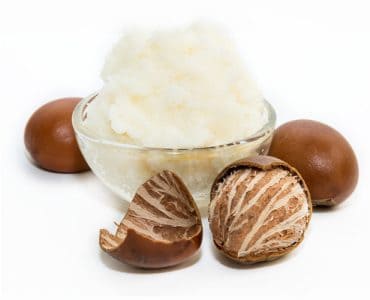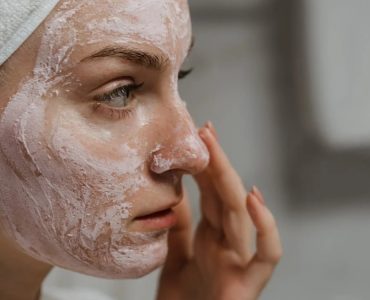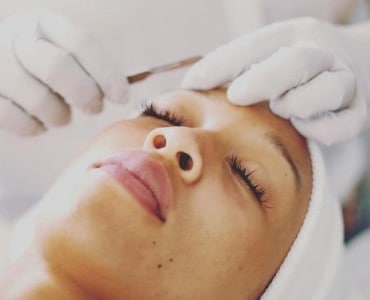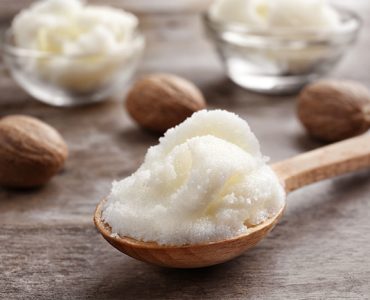Your makeup look will never be complete if you don’t have some of the essentials such as the primer and concealer. These two products are probably the best additions to any makeup kit since the boom of the makeup industry.
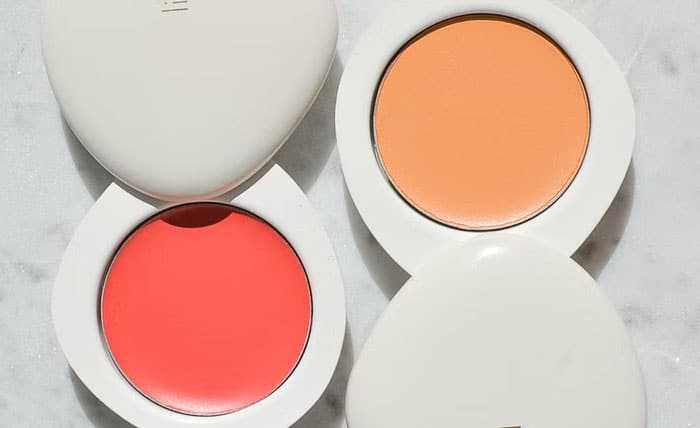
But what makes primer and concealer different?
The primer basically preps your face for the makeup application while the concealer is used in the last step to finish the makeup routine.
What is a Primer?
The primer is the product used for prepping your face and getting it ready before the foundation and the rest of the makeup products are applied. Primers fill in the wrinkles, fine lines, and any skin unevenness. While many people skip on adding primer to their makeup regimen, this is not really recommended.
Primers, when used properly, can make it easier for you to apply your foundation and concealer. It is because primer makes it possible for your foundation and the rest of the makeup products to stick on your face better.
Most primers available on the market right now come with properties that nourish and protect the skin, making them a worthy addition to your usual makeup routine.
Read This Next:
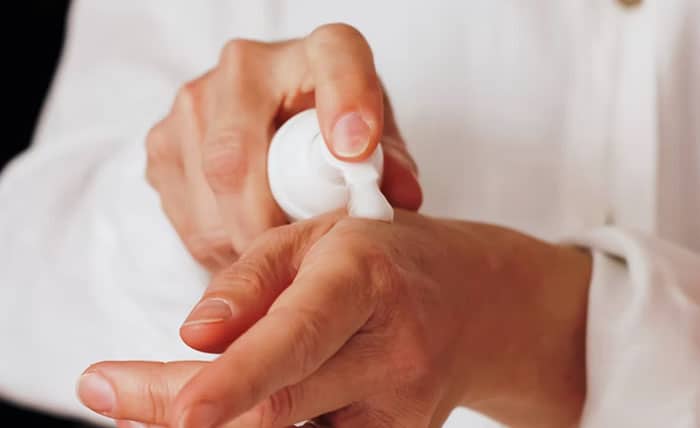
What is a Concealer?
The main purpose of concealers is to cover those tough spots that can’t be covered with your foundation alone. A concealer is the go-to product of people with severe skin conditions that are impossible to cover even with a full coverage foundation.
Concealers have a thick formula and are often applied only on those spots that need extra coverage. These makeup items also often come with more limited shade options compared to foundations, and this is why it is recommended to use foundation after applying concealers.
Pros and Cons of Primers
Makeup primers that are usually available in cream, gel, or powder form, are often applied to the skin to make it smoother to apply makeup and foundation and make them last longer.
But while primers have their own perks, these products may also harm your skin in some ways you were probably unaware of. Take a look at the most common advantages and disadvantages of primers.
Pros of Primers
It evens out the complexion of your face.
Primers can work wonders when it comes to helping even out the texture and color of your face to create a smoother and more radiant appearance. Makeup primers contain mineral powders and silicone that fill the small wrinkles and skin furrows to make aging lines look smoother.
It keeps the skin intact during extreme weather conditions.
Dry, humid, and hot temperatures can make your skin dehydrated. Good thing that primers can help keep your skin well moisturized. Makeup tends to stay on longer on moisturized skin than on dehydrated skin.
Read This Next:
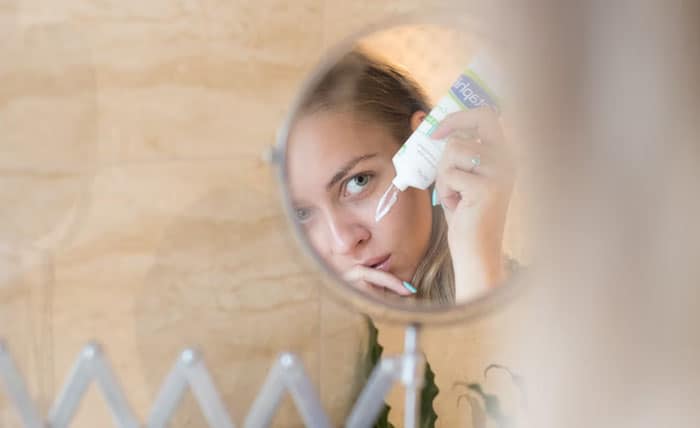
Cons of Primers
Primers can clog your pores.
Many primers today are made with mineral particles or silicone that may end up clogging your pores. You might want to stay away from using makeup primers if you have big pores.
It can make your skin oilier when combined with makeup.
Primers contain mineral powders that can absorb the natural oils of your skin, making your skin produce more oil as a result. Makeup products can also speed up the drying of your skin since these also have mineral powders as their ingredients. When makeup and primers are used together, it can make your skin produce more oils than necessary.
Primers can cause breakouts in people with acne-prone skin.
Clogged pores can make breakouts more likely so it is a must that you take extra caution when using primers if you have acne-prone skin.
Pros and Cons of Concealers
Just like primers, concealers also have their own set of good and bad sides. Knowing these can help you determine if using a concealer is right for you.
Pros of Concealers
Concealers serve as the primer to your lips and lids.
A concealer works as an excellent lipstick and eyeshadow primer. This offers an even foundation to ensure a smooth application. Just dab a small amount of it on your lips or eyelids using your fingers then smooth it over softly. Apply your favorite shades of lipstick and eyeshadow to your lips and lids to complete your look.
It helps hide the blemishes.
It may seem counterintuitive to apply makeup on your acne-prone skin because you don’t treat and conceal your blemishes. A salicylic acid-based concealer tends to reduce the appearance and size of acne while hiding it with a finish that looks natural. To ensure that you don’t transfer oil from your hands to your skin, you can apply it using a concealer brush or sponge.
Read This Next:
It helps cover fine lines.
It is common in nature to develop fine lines. it is all up to you to make these vanish. Buildable concealers that will not cake in amid the crease can work wonders since it gives a more natural appearance. Just apply some dots below your eyes and use your ring finger to mix it softly.
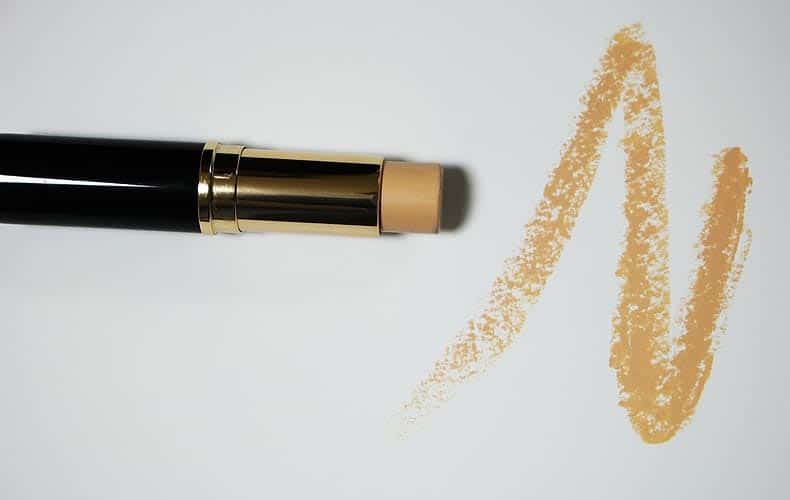
It highlights your cheekbones.
Applying concealer on the cheekbones is among the simplest ways to achieve a luminous glow. Choose a color that is a shade or two lighter than your natural skin tone, apply, and mix it. You can use this to draw more attention to your cupid’s bow, nose bridge, and brow bones.
It makes the dark circles under the eyes disappear.
If you love binge-watching late at night, you will surely need extra help the following morning to hide those ugly dark circles. Concealers can add some vibrancy to your under-eye area and make you look more awake as it produces an optical illusion.
Cons of Concealers
While there are many advantages associated with using concealers, these can also lead to some disadvantages. For instance, sleeping in your concealer can clog pores, making your face more prone to acne.
This can also cause eye irritation and lead to the formation of bumps on the skin near your eyes. Letting your concealer sit on your skin overnight may also accentuate your wrinkles. These wrinkles and age spots may show up if you don’t protect your skin properly.
Primers and concealers are the products you need to achieve that perfect makeup look you have always wanted.


